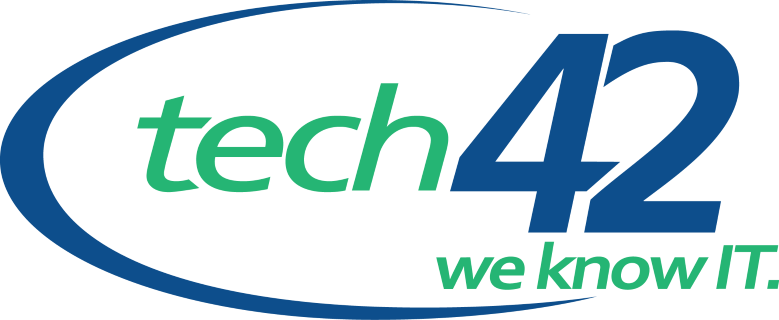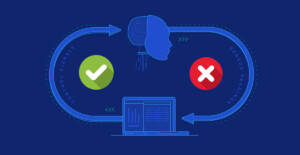What is Cloud Network Security?
The cloud has become a standard in how we store digital information over the last couple of decades. It still requires security, especially if you host your cloud server. Vulnerabilities are there when you rely on the cloud for various hosted services. After all, many of those services are what keep your business going. Or, it may be you send applications out to customers that run off the cloud. What kind of cloud network security should you consider? Let’s define the types of security you need.
Cloud Network Security: What Kind of Threats Does Your Cloud Network Have?
Cyber threats are numerous nowadays, and things can easily slip by you if not paying attention. Having good cloud security prevents issues from unauthorized access to data theft.
Hacking is far too easy today without the best security tools available. And, even on-site data theft could happen if you don’t have proper authorizations on who accesses data in the cloud.
When you have a good security plan in place, you’re protecting data and your technological infrastructure. The best thing is when you invest in cloud security, it’s not a set process you’re forced into. All good cloud security plans customize to your specific business needs.
There isn’t any question the cloud contains some of the most sensitive data your business likely has stored. What type of security do you need now to prevent breaches, data leaks, or targeted attacks?
Cloud Network Security: Complete Visibility of Your Data
The types of cloud security you get all depend on what type of cloud service you have. Public and private cloud services are very different, though both still require some uniform security methods to work effectively.
Gaining complete visibility into the data you have available in the cloud should become a security must-have. Using an API here, you can see what you have in the cloud and who has specific access to the data.
Most importantly, you need to know who’s accessing this data at specific times. You also need to know what devices they’re using to get that information.
An API is critical here to give a 360-view of cloud usage. Yet, it’s not the only security device to rely on.
Control Your Cloud Data
How much control you have over your cloud data is just as essential. Make sure you always have some form of control over the data you store to avoid potential breaches.
A Data Loss Protection (DLP) solution is a good idea to prevent unauthorized access. Also, be sure to classify the data you have so those with access know what part of it is overly sensitive.
All collaboration controls need looking at as well. Only set up collaborations with employees you trust. Using encryption is another must when sending cloud data from one source to another.
Other Security Tools, Plus Compliance
Consider an access control tool that can help block unauthorized users from trying to access cloud data. Firewalls help tremendously on this, including basic virus/malware protection to prevent intruders.
Behavior analytics is an additional tool you shouldn’t be without. Being able to look at who accesses your cloud data at all times is your only way to real security management.
Of course, having protocols in place to help you stay compliant with your cloud data is at the top of the list. One thing you don’t want is to face fines for having sensitive information breached.
A risk assessment is also a good idea to see where your biggest cloud vulnerabilities are.
Where can you get the best cloud security for your company? Visit us at Tech42 to learn about our cloud security services. We help eliminate the “lingo” so you understand how our security protocols help.







